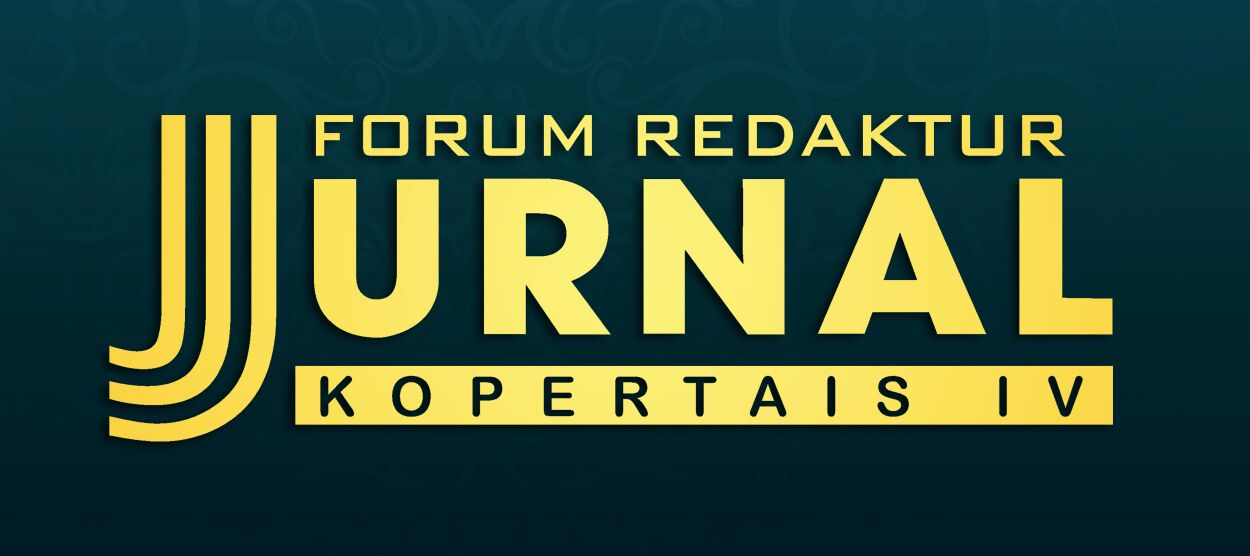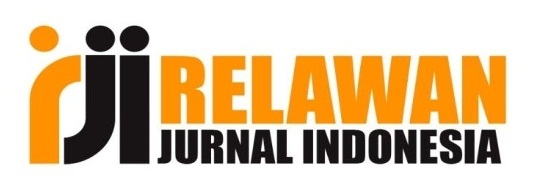Upaya Kepala Sekolah dalam Meningkatkan Kompetensi Guru PAI
(Studi Kasus SMK Kesehatan Bakti Indonesia Medika Ngawi)
Abstract
The demand of the quality of educational system is increasing along with the development of Indonesian social condition. It cannot be separated with the figure of teacher as the educator. The high demand itself has strong impacts toward some actions taken by the headmaster of SMK Kesehatan Bakti Indonesia Medika Ngawi in order to upgrade the teacher’s professionalisms. This study uses data collection method as follows: a) deep interview, b) participants observation, and c) documents analysis. Then the collected data through these three methodologies are organized, interpreted, and analyzed deeper to arrange concept and abstraction of the finding result. In the case of the headmaster’s leadership efforts in the managerial aspects to increase the professionalism of the teachers, the writer found some plans of action done by the headmasters for example: conducting workshop and supervision programs, optimizing teachers’ discussion forums (MGMP), and organizing family recreation for fun. For the realization, those plan of action are successfully conducted. The conclusions of the study are: a) examined from the academic qualification, the level of teacher professionalisms in SMK Kesehatan Bakti Indonesia Medika Ngawi are less appropriate since there are still 3.08% of teachers have diploma degree. b) From the class implementation according to the headmaster’s supervisions there are some teachers that do not apply the standard sets of teaching equipments in their class implementations. More specific, the teachers do not really care about the student’s preparation of learning process; sometimes they do not give some apperception in the beginning of class, the teaching method that are still monotone, they have not apply the teaching media yet, and there are no reflection and follow up toward these conditions.
Downloads
References
Aunurrahman. (2009). Belajar dan Pembelajaran. Bandung:Alfabeta
Bambang Nugroho. (2006). Reward dan Punishment. Bulletin CiptaKarya
BASN,2003, Bahan Rapat Koordinasi Nasional Akreditasi Sekolah,Jakarta:Departemen Pendidikan Nasional
Departemen Pekerjaan Umum Edisi No. 6/IV/Juni 2006 Departemen
Hidayat, Sucherli. (1986). Peningkatan Produktivitas Organisasi dan Pegawai Negeri Sipil: Kasus Indonesia, Jakarta:Prisma
H.M. Sulthon Masyhud ,M,pd(2010) Manajemen profesi kependidikan jember LPMK Holistik Berbasis Karakter. Jakarta:Indonesian Heritage Foundation
Megawangi, Ratna. (2007). Membangun SDM Indonesia Melalui Pendidikan
Moh. Uzer Usman. 2002. Menjadi Guru Profesional. Edisi kedua. PT Remaja Rosdakarya offset, Bandung.
Morrison,R.G., Ross,M.S., Kemp,J.E. (2004). Designing Effective Instruction (4th Edition). USA: John Wiley & Sons, Inc
Morrison,R.G., Ross,M.S., Kemp,J.E. (2004). Designing Effective Instruction (4th Edition). USA: John Wiley & Sons, Inc.
Newby, T.J., Stepich, D.A., Lehman, J.D., Russell, J.D. (2000). Instructional Designing Effective Instruction (4th Edition)
Pendidikan Nasional. (2003). Undang-undang Nomor 20 Tahun 2003Tentang
Raihani, 2011,Kepemimpinan Sekolah Transformatif, Yogyakarta:PT.LkiS Printing Cemerlang,
Sanjaya, W. (2008). Kurikulum dan Pembelajaran. Teori dan Praktik Pengembangan Kurikulum Tingkat Satuan Pendidikan (KTSP). Jakarta:Kencana Prenada Media Group
Slameto (1995), Belajar dan Faktor-faktor yang Mempengaruhinya, Jakarta : PT Rineka Cipta
Subagio. (2010) Kompetensi Guru dalam Meningkatkan Mutu Pembelajaran [On Line].Kepemimpinan Pembelajaran, Makalah Disampaikan pada Sosialisasi Akuntabilitas Kinerja Kepala Sekolah Dalam Inovasi Pembelajaran.Departemen Pendidikan Nasional, Direktorat Jenderal Peningkatan Mutu Pendidik dan Tenaga Kependidikan, Direktorat Tenaga Kependidikan
Copyright (c) 2017 AL-MURABBI: Jurnal Studi Kependidikan dan Keislaman

This work is licensed under a Creative Commons Attribution-ShareAlike 4.0 International License.











